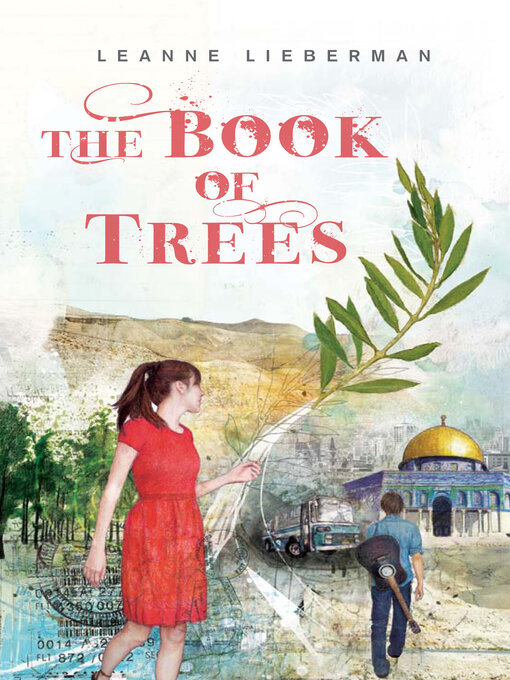When Mia, a Jewish teenager from Ontario, goes to Israel to spend the summer studying at a yeshiva, or seminary, she wants to connect with the land and deepen her understanding of Judaism.
Once in Israel, Mia's summer plans go astray when she falls in love with a non-Jewish tourist, Andrew. Through him, Mia learns about the Israeli occupation of Palestinian land and starts to question her Zionist aspirations. In particular, Mia is disturbed by the Palestinian's loss of their olive trees, and the state of Israel's planting of pine trees, symbolizing the setting down of new roots. After narrowly escaping a bus bombing, Mia decides that being a peace activist is more important than being religious.

